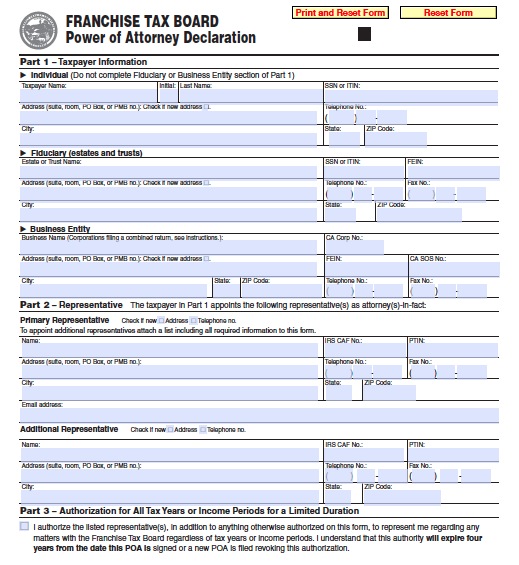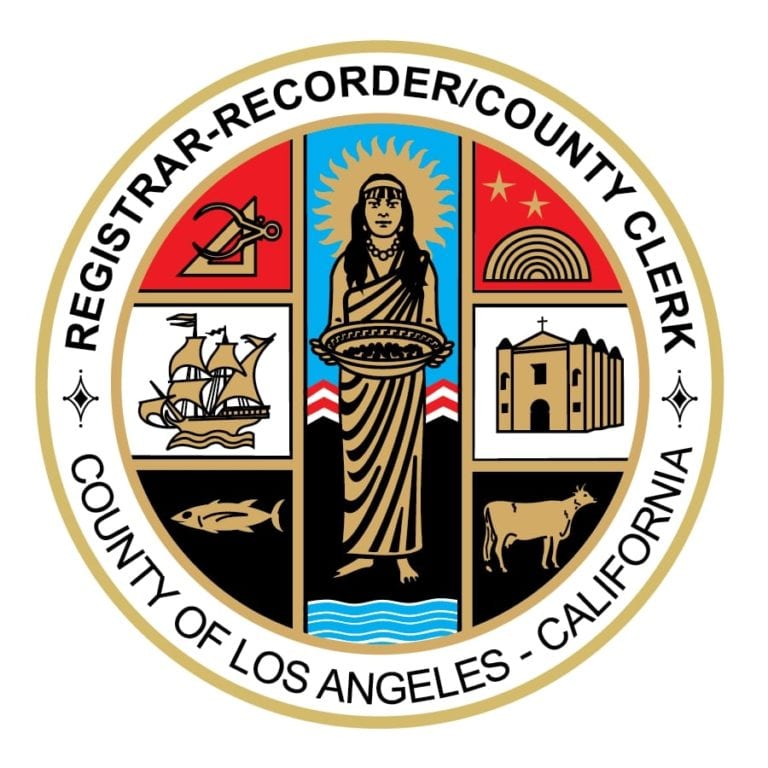The California Franchise Tax Board (FTB) plays a crucial role in the state's financial system, ensuring that businesses and individuals meet their tax obligations. If you're unfamiliar with the FTB, you're not alone. Many people are unsure of its responsibilities and how it impacts their lives. Understanding the FTB is essential for anyone living, working, or doing business in California.
The California Franchise Tax Board is a state agency responsible for administering California's tax laws. It ensures that businesses and individuals comply with tax regulations and provides resources to help taxpayers understand their obligations. Whether you're a small business owner or an individual taxpayer, the FTB affects you in various ways.
This article will explore the California Franchise Tax Board in detail, covering its functions, responsibilities, and how it impacts taxpayers. We'll also discuss common questions and provide practical tips to help you navigate the tax system effectively.
Read also:Lisa Lopes Born The Story Of A Talented And Trailblazing Artist
Table of Contents
- Introduction to the California Franchise Tax Board
- A Brief History of the California Franchise Tax Board
- Key Functions of the California Franchise Tax Board
- Taxes Administered by the California Franchise Tax Board
- Filing Requirements with the California Franchise Tax Board
- Understanding Penalties and Interest
- Resources Available from the California Franchise Tax Board
- Practical Tips for Dealing with the California Franchise Tax Board
- Common Questions About the California Franchise Tax Board
- Conclusion
Introduction to the California Franchise Tax Board
The California Franchise Tax Board is a vital state agency responsible for administering California's tax laws. It ensures that businesses and individuals comply with their tax obligations and provides resources to help taxpayers navigate the tax system. The FTB is committed to fostering transparency and fairness in tax administration.
Why is the FTB Important?
The FTB plays a critical role in California's economy by collecting taxes that fund essential public services. These funds support infrastructure, education, healthcare, and other vital programs. Understanding the FTB's role is crucial for anyone living or doing business in California.
A Brief History of the California Franchise Tax Board
The California Franchise Tax Board was established in 1955 to consolidate and streamline the state's tax administration. Over the years, the agency has evolved to address the changing needs of California's economy. Today, the FTB is one of the largest state tax agencies in the United States, serving millions of taxpayers annually.
Key Milestones
- Established in 1955 to centralize tax administration.
- Expanded its responsibilities to include personal income tax in 1967.
- Adopted electronic filing systems in the 1990s to improve efficiency.
Key Functions of the California Franchise Tax Board
The California Franchise Tax Board performs several critical functions to ensure compliance with state tax laws. These functions include:
Administering Tax Laws
The FTB is responsible for enforcing California's tax laws, ensuring that businesses and individuals meet their obligations. This includes collecting taxes, auditing taxpayers, and resolving disputes.
Providing Taxpayer Assistance
The FTB offers a range of resources to help taxpayers understand their obligations and file their taxes correctly. These resources include online tools, publications, and customer service support.
Read also:The Meaning Of Whitaker A Comprehensive Exploration
Taxes Administered by the California Franchise Tax Board
The California Franchise Tax Board administers several types of taxes, including:
Personal Income Tax
Personal income tax is one of the primary sources of revenue for the state of California. The FTB collects taxes on income earned by individuals, including wages, salaries, and investment income.
Corporate Franchise and Income Tax
Businesses operating in California are required to pay franchise and income taxes. The FTB administers these taxes to ensure that businesses contribute their fair share to the state's economy.
Filing Requirements with the California Franchise Tax Board
Taxpayers must meet specific filing requirements to comply with California's tax laws. These requirements vary depending on the type of tax and the taxpayer's circumstances.
Personal Income Tax Filing
Individuals who earn income in California must file a state tax return if their income exceeds certain thresholds. The FTB provides resources to help taxpayers determine their filing requirements and complete their returns accurately.
Business Tax Filing
Businesses must file annual tax returns with the FTB, reporting their income and expenses. The agency offers guidance on filing requirements and deadlines to help businesses stay compliant.
Understanding Penalties and Interest
Taxpayers who fail to meet their obligations may face penalties and interest. The FTB imposes these penalties to encourage compliance and ensure that all taxpayers contribute fairly.
Common Penalties
- Failure to file penalty: Imposed for not filing a tax return by the deadline.
- Failure to pay penalty: Applied for not paying taxes owed by the due date.
- Accuracy-related penalty: Levied for underreporting income or overstating deductions.
Resources Available from the California Franchise Tax Board
The California Franchise Tax Board provides a wealth of resources to help taxpayers navigate the tax system. These resources include:
Online Tools
The FTB offers online tools to help taxpayers file their returns, check the status of refunds, and make payments. These tools are designed to simplify the tax filing process and improve taxpayer experience.
Publications and Guides
The agency publishes a variety of guides and publications to help taxpayers understand their obligations and rights. These resources cover topics such as filing requirements, deductions, and credits.
Practical Tips for Dealing with the California Franchise Tax Board
Dealing with the FTB can be challenging, but following these practical tips can make the process smoother:
Stay Organized
Keep accurate records of your income, expenses, and tax payments to ensure compliance with FTB requirements. Organized records can also help you resolve disputes more efficiently.
File on Time
Meeting filing deadlines is crucial to avoid penalties and interest. The FTB provides resources to help taxpayers determine their deadlines and submit their returns on time.
Common Questions About the California Franchise Tax Board
Here are answers to some frequently asked questions about the California Franchise Tax Board:
What Services Does the FTB Offer?
The FTB offers a range of services, including tax filing assistance, dispute resolution, and taxpayer education. These services are designed to help taxpayers comply with state tax laws and resolve issues efficiently.
How Can I Contact the FTB?
Taxpayers can contact the FTB through its website, phone hotline, or by visiting one of its offices. The agency provides multiple channels to ensure taxpayers can access the support they need.
Conclusion
The California Franchise Tax Board plays a vital role in ensuring that businesses and individuals meet their tax obligations. By understanding the FTB's functions, responsibilities, and resources, taxpayers can navigate the tax system more effectively and avoid penalties.
We encourage you to take advantage of the resources provided by the FTB to ensure compliance and make informed decisions about your taxes. If you have questions or need further assistance, don't hesitate to reach out to the FTB or consult a tax professional. Share this article with others who may benefit from the information, and explore our other articles for more insights into tax-related topics.
For more information, refer to the official California Franchise Tax Board website or consult reputable sources such as the IRS and state government publications.


